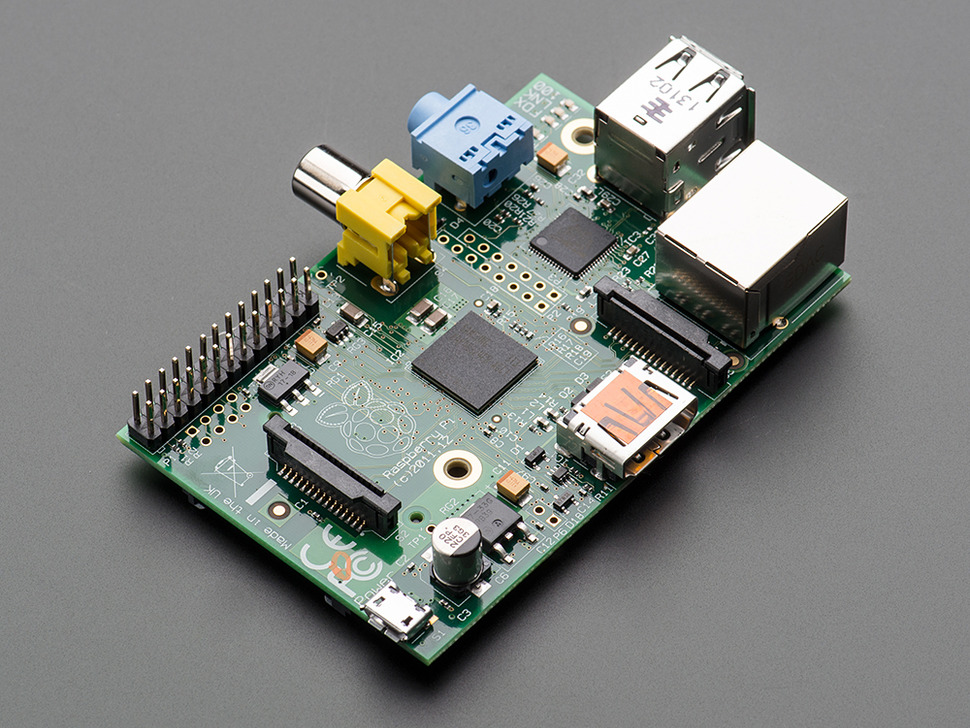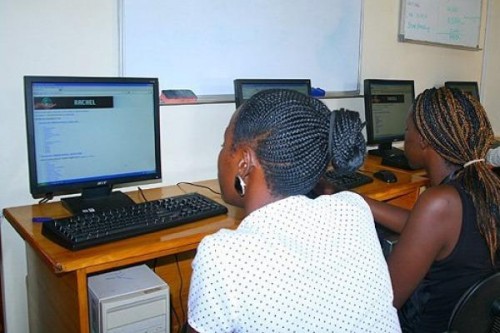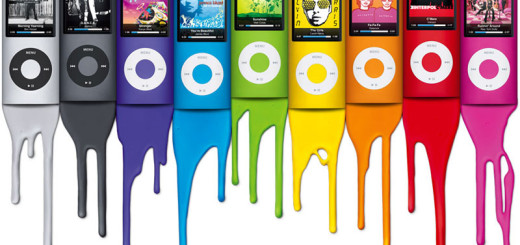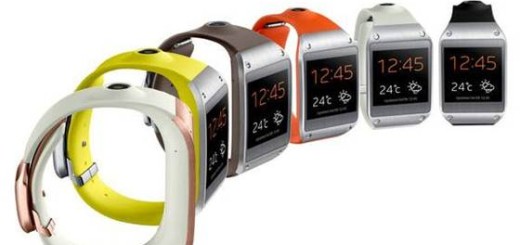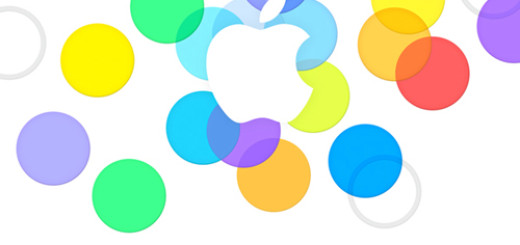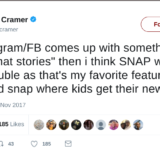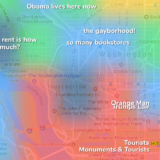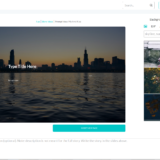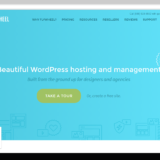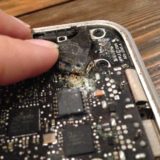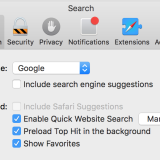Saving Lives and Spreading Knowledge with Pi
It’s $30, the size of a credit card, and it’s bringing educational resources to remote villages around the world. Today I’d like to tell you the story of the Rachel-Pi.
The Rachel Pi is an educational server based off of the $30 Raspberry Pi computer. It runs on an SD card, and carries an open-source collection of more than 3,000 books, 6,000 wikipedia articles, thousands of Khan Academy videos, and tens of thousands of images. Total material costs for one Rachel with Wifi? About $100. Total value for the village that receives it? Much more than that.
Rachel was developed by a team of Cisco employees, who later started to distribute it around the globe through their organization, World Possible. The design and the content are fully open-source, meaning that anyone can build their own for free, and World Possible has put out guides to assist those who want to make their own.
One of the greatest global challenges we face is limited access to information. How can we hope to help these countries rise out of poverty, when they’re learning based on decades old material? How can they contain disease outbreaks when they’re working with information that predates many modern medical treatments? This is where the Rachel really excels.
See also: a simple hack bringing light to villages without electricity.
Internet is available in most 3rd world countries in some form, but it’s so slow and expensive that it’s impractical for many villages. The Rachel Pi offers students quick, reliable access to information. Rachel acts as a web server, allowing local computers and mobile devices to connect to it, and use its resources. Rachel creates its own little local internet complete with educational materials and resources for public health, agriculture, and other vital community needs. It also serves as a tool for teaching the community computer skills, so when the internet is expanded to their areas through efforts like Google’s Project Loon they
For students, Rachel means working with up-to-date textbooks, teaching tools, and articles. In one village I visited that did not have Rachel, the history textbooks dated back to before the country’s revolution. Rachel Pi also offers teachers training for teaching more advanced concepts, and aids for classroom instruction. It also offers them a means for looking up information, so that they can correctly answer student questions. Rachel even has its own search engine, to sort through the hundreds of thousands of resources built in.
Tweet Your Support
Rachel is also loaded with interactive software to teach math, science, music, and computer programming, amongst other subjects. It’s about providing students with educational opportunities that no one in their family before them has been afforded, and putting everyone on a more equal footing.
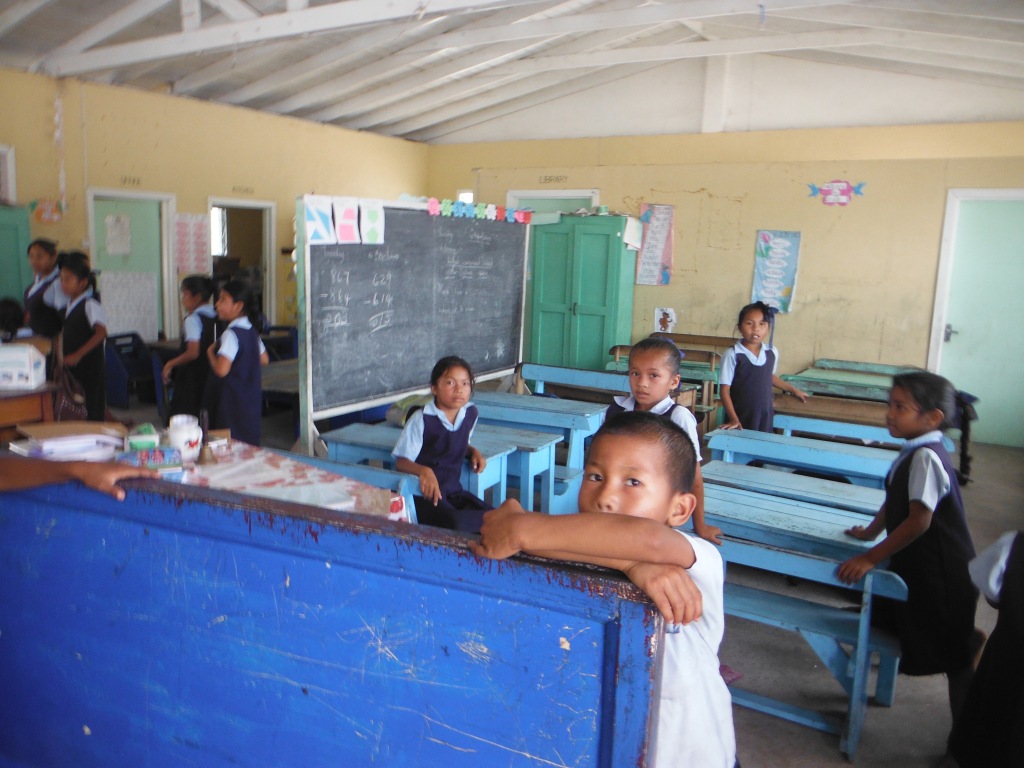
A school I visited in a remote village in Guyana
In addition, Rachel offers thousands of healthcare articles, books, and videos. There are videos, and guide-books and diagrams and articles describing the functions of the body, and how to treat major and minor issues. Many of the villages using Rachel are hours or days from the nearest medical facility so the instructional healthcare books and videos provided will literally save lives and limbs, and it already is.
I find this incredibly exciting. This project makes use of resources that didn’t exist just a few years ago, and provides educational resources that would have cost thousands of dollars years ago at a fraction of the cost.
If you find this project as exciting by this project as I am, consider donating to one of the projects that distributes Rachel so that we can send more of these into the world, and change more lives.
Want to try Rachel Pi yourself? There’s a live demo here.
You can donate to the World-Impossible Project here, to help bring Rachel to classrooms around the globe.

